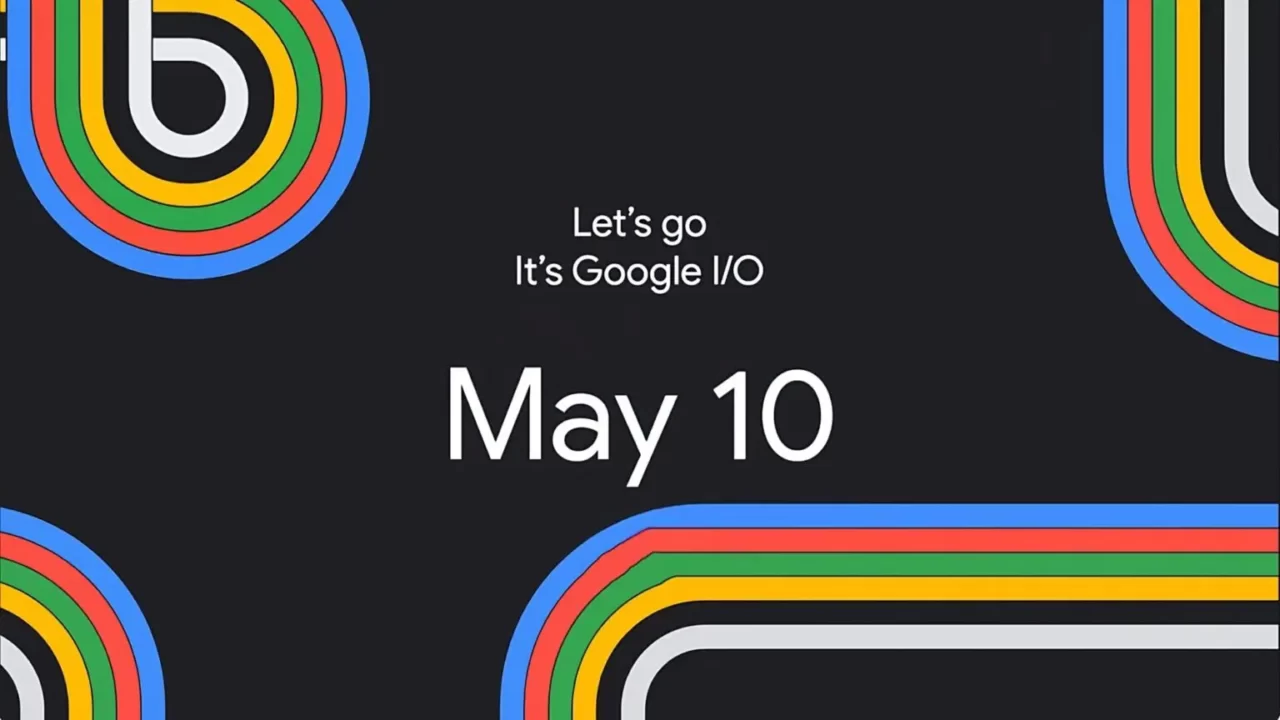Google I/O 2023 has ushered in a groundbreaking era of search as it announces the integration of generative AI within its search engine technologies. This cutting-edge update is revolutionizing the way we interact with online searches by employing advancements in natural language processing, personalized results, and voice capabilities.
As Google continues to reshape our digital experience, understanding these changes becomes crucial for SEO experts and content creators alike.
Key Takeaways
- Google I/O 2023 introduced the integration of generative AI within its search engine technologies, ushering in a new era of search.
- Generative AI will revolutionize the way we interact with online searches by employing advancements in natural language processing, personalized results, and voice capabilities.
- The impact of generative AI on SEO and content creation highlights the importance of high-quality and relevant content, structured data, increased traffic and engagement, as well as introduces new possibilities for AI-generated content.
Understanding Google I/O 2023
Google I/O 2023 served as a groundbreaking event in the realm of search technology, shedding light on the future role of generative AI. Hailed as a major milestone for artificial intelligence, this annual developer conference unveiled transformative innovations aimed at revolutionizing the way users interact with search engines.
The focus of Google I/O 2023 was not merely about technological advancements; it emphasized generating meaningful connections between users and data by leveraging cutting-edge technologies like machine learning, natural language processing (NLP), and AI wizardry across various applications such as Google Maps and Photos.
The Impact Of Generative AI On Search
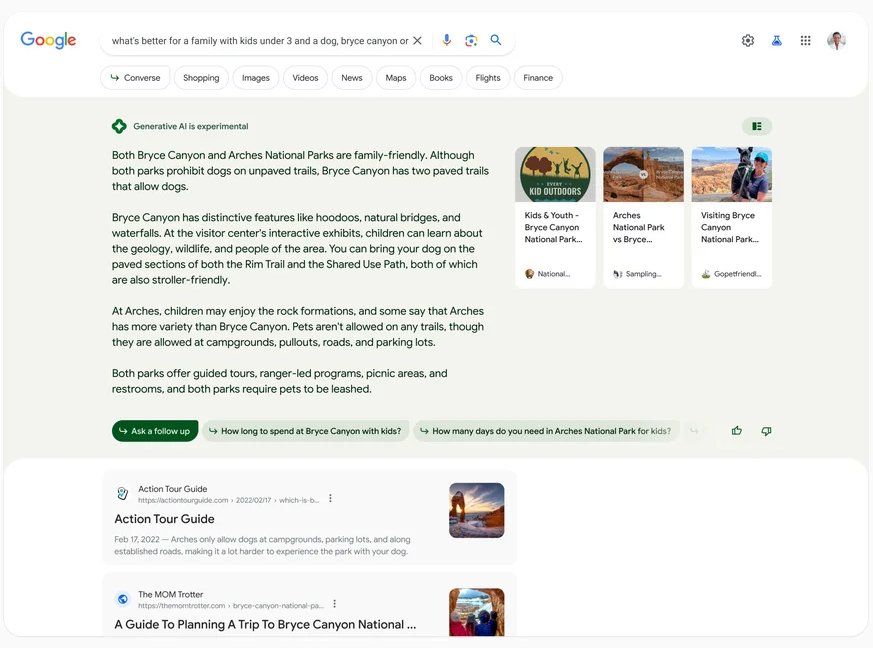
Generative AI is set to revolutionize the search experience with advancements in natural language processing, increased personalization, customizable search results, and enhanced voice search capabilities.
Advancements In Natural Language Processing
The impact of Generative AI on search has been significantly influenced by advancements in Natural Language Processing (NLP). NLP, a subfield of artificial intelligence (AI), enables machines to understand, interpret, and respond to human language more effectively.
For example, these advancements in NLP have led to an improved understanding of user’s query intent which allows Google’s generative AI system to deliver personalized results.
Users receive tailored responses that take into account their location, interests, or even previous searches. Additionally, increased capabilities in voice search harness the power of natural language processing for seamless interaction through devices such as mobile phones or smart speakers.
Increased Personalization
As generative AI continues to revolutionize search, one notable impact is a shift towards increased personalization. With advancements in natural language processing and query-answering capabilities, Google’s new search engine Magi can provide highly personalized and humanlike responses for users.
The enhanced user experience not only provides more relevant information but also creates a visually rich interface that caters to each person’s unique interests. For instance, imagine searching for travel tips on Magi – instead of generic results, you might receive customized suggestions based on your previous searches or saved locations from Google Maps.
Customizable Search Results
Generative AI is transforming the way search results are delivered, giving users the ability to customize their search experience like never before. With advancements in natural language processing and machine learning, generative AI can understand user intent better than ever.
For example, if a user is searching for information related to cooking recipes but prefers vegetarian options over meat-based ones, the generative AI system can adjust search results accordingly.
Additionally, users can decide which sources of information they want to see in their result pages or what types of media (such as videos) they prefer.
Enhanced Voice Search Capabilities
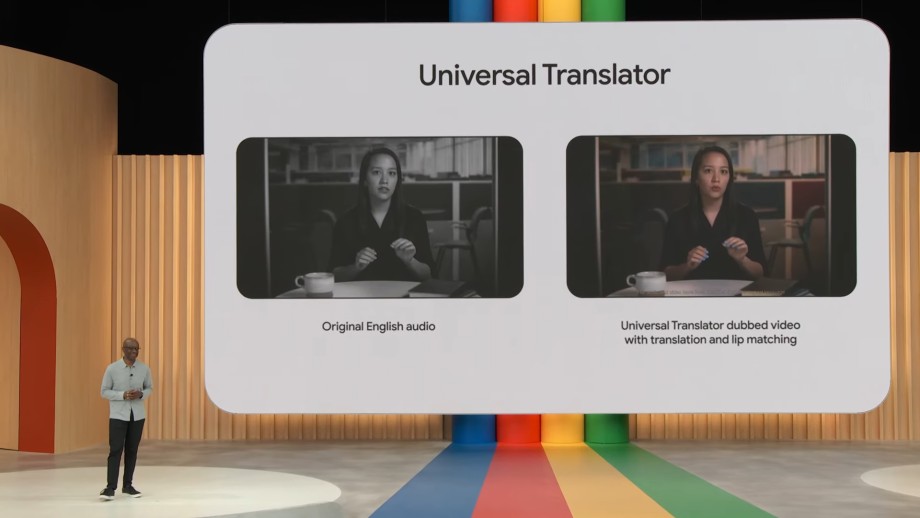
With the integration of generative AI in Google I/O 2023, voice search capabilities are set to reach new heights. The advancements in natural language processing will enable users to ask more complex questions, allowing for more personalized and accurate results.
Moreover, the customizable search results feature will ensure that voice searches are tailored to user preferences. For instance, if a user prefers organic produce over inorganic options when searching for local markets, their voice queries will eliminate any non-organic options from their search results.
Additionally, given that AI-generated content creation may become more prevalent with these enhancements in voice search capabilities there’s an opportunity for businesses looking at automating some aspects of their digital marketing strategy.
Key Innovations In Google I/O 2023
Google I/O 2023 will introduce a range of key innovations such as an AI-powered search algorithm, integration of generative AI into search results, immersive Google Maps with AI and AI wizardry in Google Photos.
Introduction Of Google’s AI-Powered Search Algorithm
Google I/O 2023 showcased a revolutionary step forward in search technology, with the introduction of Google’s AI-Powered Search Algorithm. This innovative algorithm uses generative AI to provide answers to users’ queries, delivering a more personalized and immersive search experience than ever before.
Through advanced natural language processing, this new algorithm can understand user intent with greater accuracy and provide more relevant results. Furthermore, it offers customizable search results that cater to individual preferences and enhanced voice search capabilities for an even smoother user experience.
Integration Of Generative AI Into Search Results
Google I/O 2023 marks a new era of search with the integration of Generative AI into search results. The impact will be far-reaching, from natural language processing advancements to increased personalization and customizable search results.
For instance, users can expect much more accurate voice search capabilities as Google increasingly incorporates AI wizardry across its platforms. One of the key innovations in Google I/O 2023 is the introduction of Google’s AI-powered search algorithm, which will revolutionize how people interact with the platform by providing snackable yet high-quality content that taps into the user’s intent, context and query history.
Another game-changer is immersive Google Maps that uses AI to help users explore places they’re interested in or find out about local events around them.
Immersive Google Maps With AI
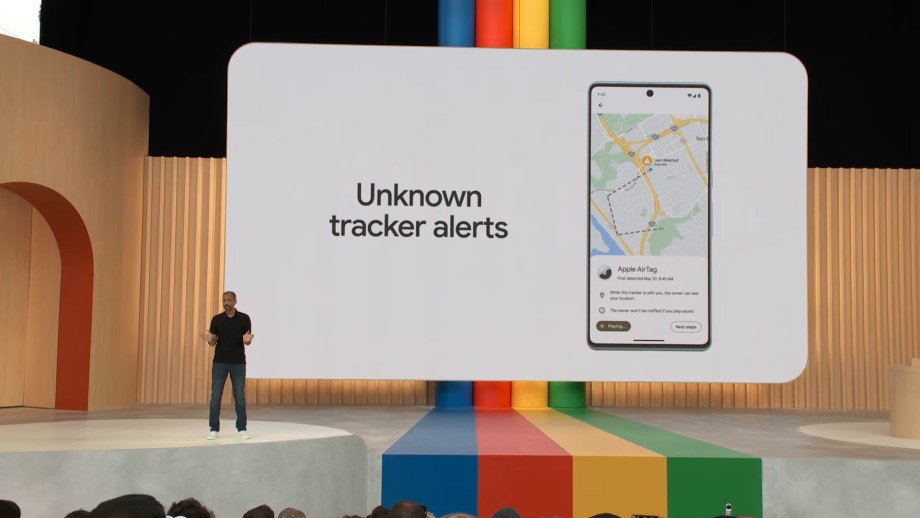
One of the key innovations introduced at Google I/O 2023 was the integration of advanced mapping technology with AI, resulting in an interactive and immersive mapping experience.
With intelligent navigation systems and spatial recognition software, users can explore virtual maps powered by augmented reality, providing real-time geolocation data and personalized route recommendations.
These advancements in Google Maps offer a significant impact on local businesses looking to attract customers through more accurate location-based marketing efforts. Moreover, individuals traveling to unfamiliar locations can benefit from these features as they plan their routes around city centers or other destinations with varying levels of ease.
AI Wizardry In Google Photos
Among the key innovations showcased during Google I/O 2023 is AI Wizardry in Google Photos. This feature uses machine learning, computer vision, and image recognition to help users organize their photos in a smarter way.
With this technology, Google Photos can automatically tag faces and objects within images for easier searchability.
The AI-powered photo analysis also allows users to search their library by typing or speaking natural language queries like “show me pictures of my dog at the beach.” It eliminates the need for manual tagging or browsing through folders and albums.
The Potential Impacts Of Generative AI On SEO And Content Creation
Generative AI has the potential to significantly impact SEO and content creation by emphasizing the importance of high-quality, relevant content, increasing traffic and engagement, highlighting the need for structured data, and introducing new possibilities for AI-generated content.
Importance Of High-Quality, Relevant Content
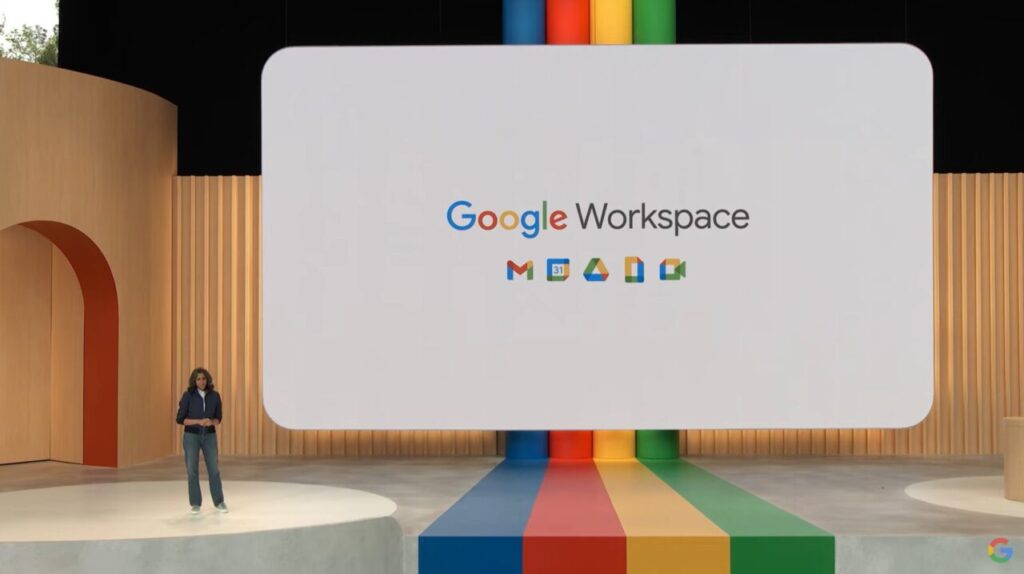
One of the key impacts of Google’s generative AI on search is its emphasis on high-quality, relevant content. With AI-powered algorithms now capable of understanding natural language and personalized search intent better than ever before, there is a growing need for publishers to create unique and valuable content that aligns with users’ needs.
This means that creating engaging and informative articles, videos, images, or infographics will be more critical than ever in driving traffic and engagement to your site.
It also means that structured data and proper markup are increasingly essential for ranking higher in search engine results pages (SERPs).
Increased Traffic And Engagement
Generative AI is set to revolutionize the way search engines work and will likely have a significant impact on SEO and content creation. With personalized search results, enhanced voice capabilities, and increased natural language processing accuracy, users are more likely to engage with search results generated by generative AI.
For example, if a user searches for “Best Italian restaurant in New York,” generative AI-powered search could provide personalized recommendations based on their location and preferences.
This level of customization not only improves the user experience but also increases engagement with the website or platform providing these search results.
Need For Structured Data
To achieve the full potential of Generative AI in SEO and content creation, structured data plays a crucial role. Structured data is essential as it provides additional context about your website’s content to search engines.
Utilizing schema markup can help provide more detailed information on specific topics, enabling Google to understand your content better.
Structured data also helps with voice search optimization, as voice assistants like Siri and Alexa rely heavily on this information to answer user queries accurately. Additionally, with generative AI algorithms using large language models (LLMs), structured data provides another way for websites to signal their level of expertise in a particular field or subject area and increase their chances of being chosen as a reliable source by Google’s new algorithm.
AI-generated Content Creation
Generative AI has the potential to revolutionize content creation by enabling machines to generate high-quality, relevant content at scale. With the integration of generative AI into search results in Google I/O 2023, there is a need for publishers and website owners to optimize their content for this new technology.
Moreover, generative AI presents opportunities for businesses looking to streamline their content production processes and reach broader audiences more effectively. For example, chatbots powered by AI can help companies deliver personalized responses and recommendations based on user preferences and behavior patterns.
Conclusion
Google I/O 2023 has ushered in a new era of search with the integration of generative AI technology. This transformative technology brings advancements in natural language processing, increased personalization, customizable search results and enhanced voice search capabilities to users.
With key innovations such as Google’s AI-powered search algorithm and immersive Google Maps with AI, this new experience promises to revolutionize the way we access information online.
While it may have an impact on SEO and content creation, there is no doubt that generative AI will improve user experiences by providing more relevant and accurate responses to queries.

